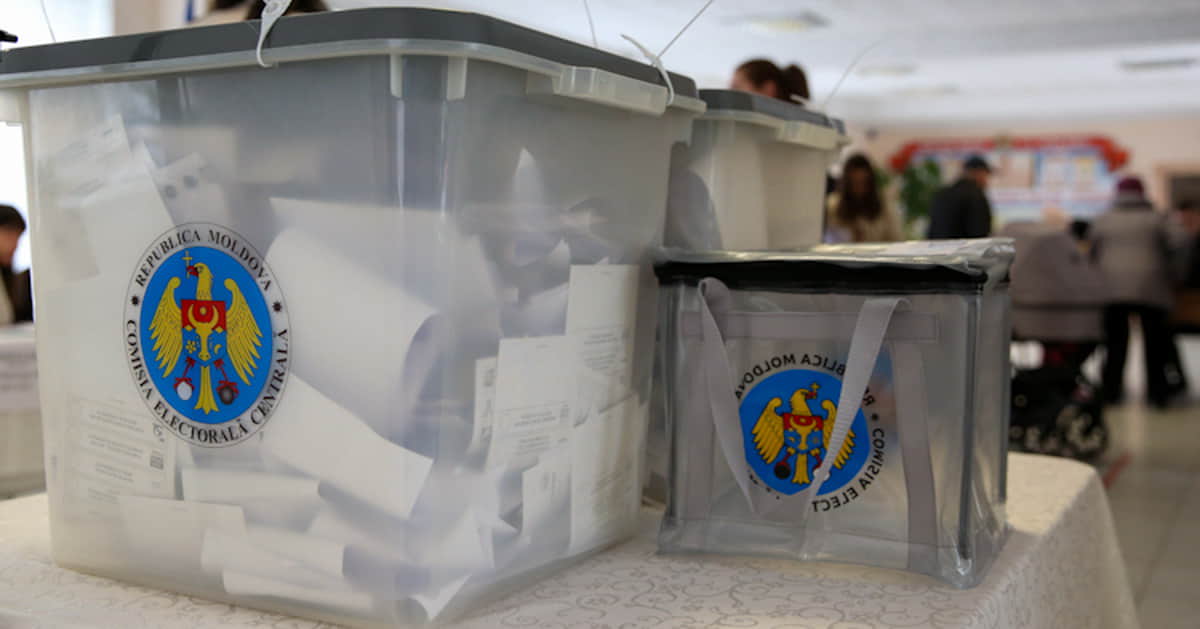How Russia poured money into Moldovan elections and why it didn't work out

The elections in Moldova are over. Maia Sandu has emerged victorious with a convincing lead over her competitor, Alexander Stoianoglo. But this victory will bear consequences.
Read more about how the election unfolded, why Sandu won and the main tasks ahead for the newly re-elected president in the analysis by Sergiy Sydorenko, the European Pravda editor - Saving a divided Moldova: Sandu defeats Russia in elections, but the hardest lies ahead. Sandu faces the challenge of uniting a society that was already divided and is now further split by these "ruleless elections." Advertisement:
Following the "crisis" of the first round, which showed Sandu could lose, her team took a no-holds-barred approach, embracing actions that further radicalised and polarised society. The campaign slogan became "Save Moldova!" and Stoianoglo and his supporters were demonised. This strategy worked.
The second round turned into a geopolitical showdown. Pro-Western voters came out to vote not so much for Sandu but against Moldova's potential return to the Kremlin's influence. Alongside these decisive actions were some missteps, for instance, debates that did not go entirely well for Sandu.
Election day itself was eventful. Reports of vote-buying with Kremlin money, "mined" polling stations, blocked roads and bussed-in voters. Some were even sent in by charter flights!
For these elections, under pressure from Moldova's Foreign Ministry, only two polling stations were opened in Russia, both in central Moscow at the embassy and consulate. These polling stations had a cap: 10,000 ballots for Moscow, and 7,800 for Minsk, Baku and Istanbul. This meant that supporters of the pro-Russian oligarch-in-exile Ilan Shor had a tougher and more expensive route: voters were sent by charter from Russia to Istanbul, and then transferred onto free buses to Moldova.
This plan came to light after police began detaining some of these buses at the border. It's difficult to estimate the cost per vote for Russia. It was an extraordinarily high price if calculated by election standards, but in terms of Russia's military budget, it's pocket change.
Other vote-boosting mechanisms were also at work against Sandu, such as enlisting voters from Transnistria. On election day, long lines formed at polling stations in this Russia-controlled region from early morning. Although turnout at the Transnistrian polling stations was high, it didn't reach previous years' records.
Even under these conditions, over 20% of Transnistrian voters cast their ballots for Maia Sandu! Transnistria proved it isn't monolithically pro-Russian. With the elections over, the question now arises: how can a stirred-up society be calmed?
Sandu acknowledges that this is her main task and has expressed readiness to reconcile even with Stoianoglo, whom she had previously portrayed as an absolute villain. Parliamentary elections loom ahead. These are even more important than the presidential election given Moldova's power structure.
Sandu, understanding that her party may not secure a majority in the new parliament, now has to consider forming a coalition. The president, who had clear communication issues with Moldova's ethnic minorities during this campaign, spoke in Russian on election night and promised voters that she would address minority concerns and not divide those who voted for or against her. Finally, Sandu's team now (at last!) clearly recognises that her monopolising of the pro-European agenda, without letting others in, now poses a risk to Moldova's European future.
Sandu urgently needs allies and partners who can help keep the country on the EU path despite the difficult sentiments in society.
The coming months will determine whether this intention will succeed.
If you notice an error, select the required text and press Ctrl + Enter to report it to the editors.